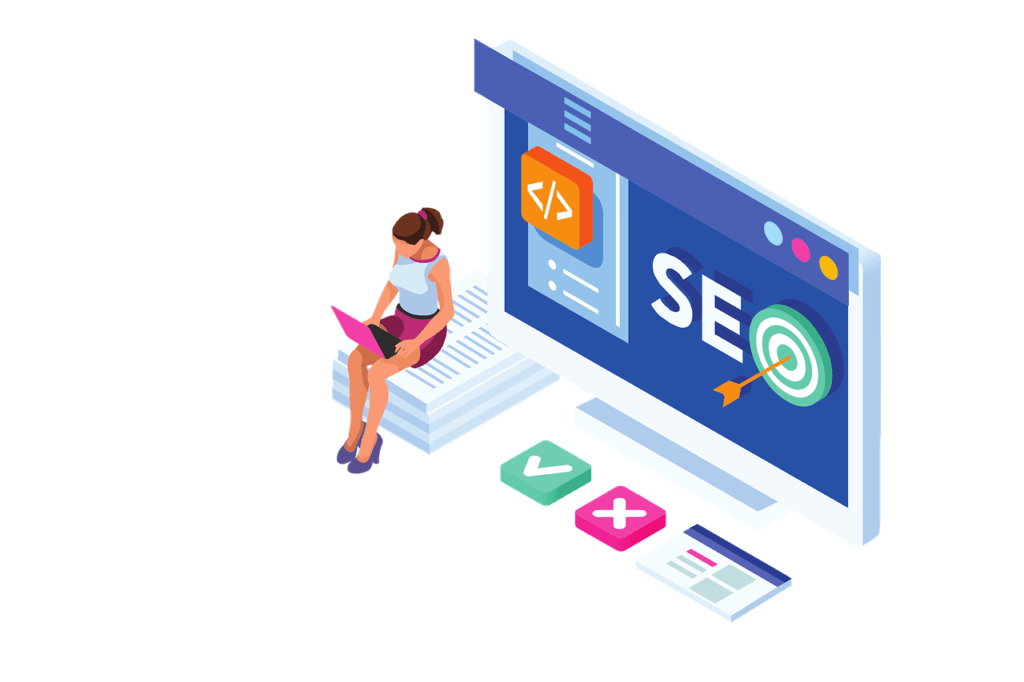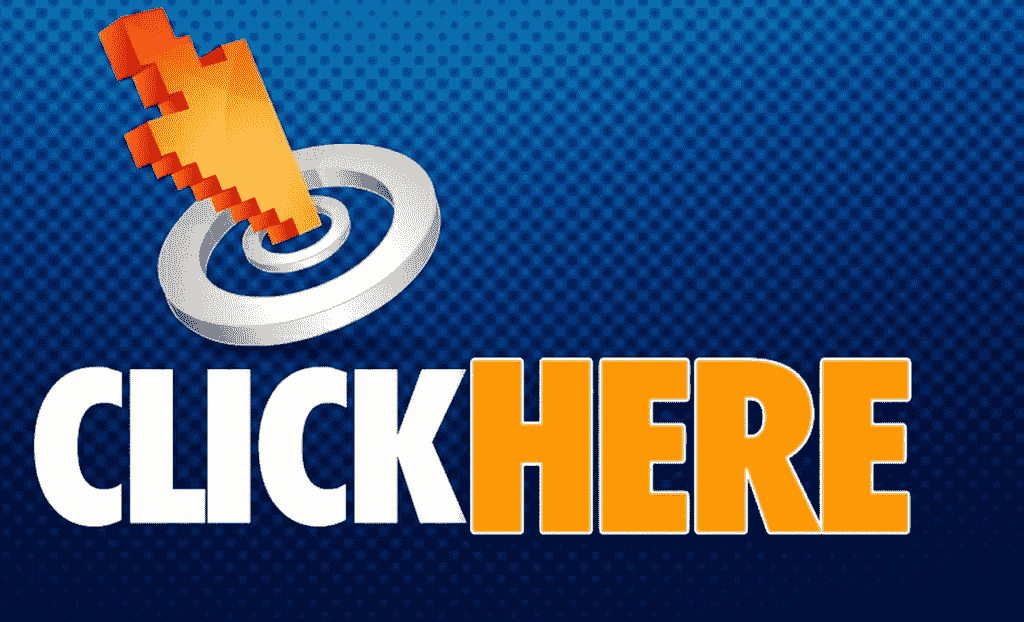
SEO vs. PPC: Choosing the Right Digital Marketing for Your Brand In the fast-paced world of digital marketing, businesses constantly grapple with the challenge of reaching their target audience effectively. Two primary strategies dominate the digital marketing landscape: Search Engine Optimization (SEO) and Pay-Per-Click (PPC) advertising. While both aim to boost visibility and drive traffic, they are fundamentally different approaches, each with its own strengths, weaknesses, and applications. SEO vs. PPC Deciding which strategy is best for your brand requires a thorough understanding of your goals, budget, and industry dynamics SEO vs. PPC: Choosing the Right Digital Marketing for Your Brand
What is SEO?
Search Engine Optimization (SEO) refers to the process of enhancing a website’s visibility in organic (non-paid) search engine results. It involves optimizing various elements of your website and online presence to rank higher on search engines like Google, Bing, and Yahoo. There are Choosing the Right Digital Marketing for Your Brand
Key Components of SEO:
On-Page SEO:

Optimizing website content, meta tags, headers, and keywords.
Ensuring mobile-friendliness and fast loading speeds.
Improving user experience (UX) through intuitive navigation.
Off-Page SEO:

Building high-quality backlinks from reputable websites.
Engaging in social media marketing to drive traffic.
Guest blogging and influencer outreach.
Building high-quality backlinks from reputable websites.
Engaging in social media marketing to drive traffic.
Technical SEO:

Improving site structure and XML sitemaps.
Fixing broken links and ensuring proper indexing.
Enhancing website security (e.g., HTTPS).
Pros of SEO:
Cost-Effectiveness: Once your website ranks well, organic traffic is essentially free.
Long-Term Results: SEO provides sustainable benefits, unlike PPC which stops delivering traffic once you stop paying.
Credibility and Trust: High-ranking websites are perceived as more trustworthy by users.
Cons of SEO:
Time-Consuming: SEO efforts can take months to yield significant results.
Algorithm Changes: Search engines frequently update their algorithms, impacting rankings.
Competitive Landscape: High competition for popular keywords can make ranking challenging.
What is PPC?

Pay-Per-Click (PPC) advertising involves paying for ad placements on search engines or social media platforms. Advertisers are charged each time a user clicks on their ad. Google Ads and Microsoft Ads are popular platforms for search-based PPC campaigns.
Key Components of PPC:
Keyword Research: Identifying relevant keywords to target with your ads.
Ad Copywriting: Crafting compelling headlines and descriptions to attract clicks.
Landing Pages: Creating optimized pages that encourage conversions.
Bid Management: Adjusting bids to maximize return on investment (ROI).
Pros of PPC:
Instant Results: Ads appear immediately after launching a campaign.
Targeted Reach: Allows precise targeting based on demographics, location, and interests.
Scalability: Campaigns can be scaled up or down depending on budget.
Cons of PPC:
Costly: Requires ongoing investment, and costs can add up quickly.
Short-Term Impact: Traffic stops as soon as you pause the campaign.
Click Fraud: Competitors or bots may generate fraudulent clicks, wasting budget.
Comparing SEO and PPC

Criteria
SEO
PPC
Cost
Initially lower, with long-term ROI
High initial cost, ongoing expense
Time to Results
Takes months to show impact
Delivers instant results
Sustainability
Long-lasting effects
Short-term traffic boost
Targeting
Broader audience
Precise and customizable targeting
Trust and Credibility
Builds trust over time
Perceived as ads by users
Flexibility
Limited by algorithm changes
Highly adaptable campaigns
Choosing the Right Strategy for Your Brand
Deciding between SEO and PPC depends on several factors:
- Business Goals:
If your primary goal is brand awareness and long-term growth, SEO is the better option.
For immediate sales, event promotions, or limited-time offers, PPC is more effective.
- Budget:
Brands with limited budgets should prioritize SEO to build organic traffic over time.
Businesses with larger budgets and an appetite for quick results can invest in PPC.
- Industry Competition:
Highly competitive industries may find it difficult to rank organically, making PPC a viable option.
Niche markets with less competition can achieve significant success through SEO.
- Timeframe:
If your campaign has a short deadline, PPC is the clear choice.
For long-term digital marketing strategies, SEO is indispensable.
- Resources:
SEO requires skilled professionals for content creation, technical optimization, and link-building.
PPC demands expertise in ad management and analytics to maximize ROI.
Integrating SEO and PPC for Maximum Impact
In many cases, the best approach is to integrate SEO and PPC to leverage their combined strengths:
Use PPC to Test Keywords: Identify high-performing keywords through PPC campaigns and incorporate them into your SEO strategy.
Enhance Retargeting: Use PPC ads to retarget users who have visited your site through organic search.
Dominate SERPs: Combine SEO and PPC to occupy both organic and paid positions on search engine results pages (SERPs).
Seasonal Campaigns: Rely on PPC for seasonal promotions while maintaining consistent SEO efforts year-round.
Analytics and Insights: Use PPC data to refine your SEO strategy, and vice versa.
Real-Life Examples
E-Commerce: An online retailer may use PPC ads to promote flash sales while optimizing product pages with SEO for sustained visibility.
Local Businesses: A local restaurant could combine Google Ads to target specific areas with SEO to appear in local search results.
Startups: Startups often begin with PPC to generate immediate traffic and invest in SEO for long-term brand building.
Conclusion
Choosing between SEO and PPC is not a matter of picking one over the other but understanding how each aligns with your brand’s goals. SEO offers sustainable growth and credibility, while PPC delivers speed and precision. By carefully evaluating your objectives, budget, and competitive landscape, you can make an informed decision. Better yet, consider integrating both strategies to maximize your digital marketing potential and achieve a balanced approach to growth.
FAQ’s
What is on-page SEO?
On-page SEO involves optimizing individual web pages by focusing on elements like meta tags, headers, content, internal links, and keyword usage.
What is the difference between organic and paid search results?
Organic results are earned through SEO efforts, while paid search results appear as ads, which you pay for via campaigns like Google Ads.
Can SEO guarantee a #1 ranking?
No one can guarantee a #1 ranking. SEO depends on numerous factors, including competition, algorithm changes, and search trends.
How does local SEO differ from traditional SEO?
Local SEO focuses on optimizing your website for local search queries, such as “near me” searches, while traditional SEO targets a broader audience.
What are common SEO mistakes to avoid?
Common mistakes include keyword stuffing, neglecting mobile optimization, using duplicate content, and ignoring technical SEO issues like broken links.
What is the difference between display ads and search ads?
Search ads appear in search engine results, while display ads are shown on websites within Google’s Display Network, typically as banners or visual ads.
How can I measure the success of a PPC campaign?
Key metrics include CTR, conversion rate, cost per acquisition (CPA), and return on ad spend (ROAS). Monitoring these helps optimize performance.
Do I need a big budget to succeed with PPC?
No, even small businesses can benefit from PPC by targeting niche keywords and optimizing campaigns for cost efficiency.
How do I choose the right keywords for PPC?
Use tools like Google Keyword Planner to find relevant keywords with a balance of high search volume and low competition.
What are negative keywords, and why are they important?
Negative keywords prevent your ad from appearing for irrelevant searches, ensuring your budget is spent on the right audience.
To Visit our fakebook page

